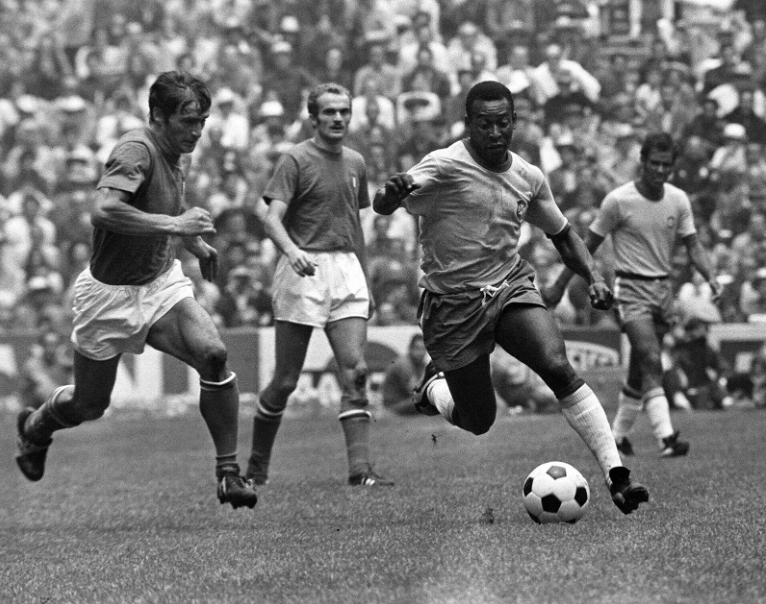The Football War, 1969 - Fédération Internationale de Football Association (FIFA)
APPROXIMATE COMMITTEE SIZE: 25 delegates
In theory, FIFA’s role in global affairs is strictly apolitical — a conduit of international sport, not diplomacy. But the events of 1969 have put that neutrality to the test. What began as a series of World Cup qualifying matches between El Salvador and Honduras has exploded into a full-scale conflict, with diplomatic relations severed, borders closed, and lives lost. While it would be convenient to dismiss the violence as unrelated to the pitch, FIFA finds itself at the center of a global tragedy: what happens when football is both a catalyst for national pride and a trigger for international war?
The war's roots go far deeper than just the concept of sport, stemming from long-standing tensions over migration, land distribution, and identity between the two nations. Yet the matches acted as a flashpoint, laying bare the inability of global institutions, FIFA included, to anticipate how deeply football is embedded in national narratives. Now, FIFA must reckon with its role not only in allowing the matches to proceed but in the broader question of what responsibility it bears when sport becomes inseparable from geopolitics.
This committee must consider how FIFA preserves the integrity of international sport while acknowledging the powerful political consequences its tournaments can carry. At stake is not just the future of football in Central America, but the legitimacy of FIFA as a governing body capable of navigating conflict responsibly.
CRISIS MANAGER: Arjun Venkatesh
CHAIR: Anthony Wassink
ISSUES TO CONSIDER
Rebuilding Trust in FIFA’s “Neutrality”
Preventing Future Conflict Through Sports Diplomacy
Balancing Political Pressures with Bureaucratic Mandates
LEARNING OBJECTIVES
Consider the extent to which international sports bodies can influence, mitigate, or inflame geopolitical disputes, especially when national pride is on the line.
Unpack FIFA’s role as both a global unifier and a political actor, and the tensions that arise when neutrality clashes with real-world conflicts.
Reconcile ethical responsibilities with bureaucratic constraints, particularly in conflict-sensitive contexts.
About the Chair
Anthony Wassink is a senior in the College of Arts and Sciences majoring in Government and double minoring in Philosophy and Music. He is from Redondo Beach, California, but you’ll just hear him refer to it as Los Angeles. At Georgetown, he is also a captain of the Georgetown University Moot Court team, staffs the collegiate Model UN conference, and plays the piano and drums. In his free time, Anthony likes to learn new songs on piano, go on aimless nature walks around campus, and play video games (he is a seven time Cy Young winner for the Yankees on MLB The Show, so if you bring a baseball to committee he’ll be happy to sign it). Anthony is looking forward to his experience as Chair and hopes to make it the best experience for delegates yet!
About the Crisis manager
Arjun Venkatesh is a student at the College of Arts and Sciences of the class of 2027. From Long Island, New York, he first began his Model UN journey by staffing NAIMUN as a crisis analyst in his Freshman year. He soon learned he loved crisis, particularly in seeing delegates build their private crisis arcs backroom as they used in-room directives to steer them. As a crisis analyst last year, Arjun is excited to return as the crisis manager for the Football War, 1969 - Fédération Internationale de Football Association (FIFA). Outside of NAIMUN, Arjun is a member of the Georgetown Club Baseball Team (a sport he started playing a year ago) and the Georgetown University Moot Court Team. Arjun is always down to watch any sports game (#NYForever) and for talking about history and politics.



